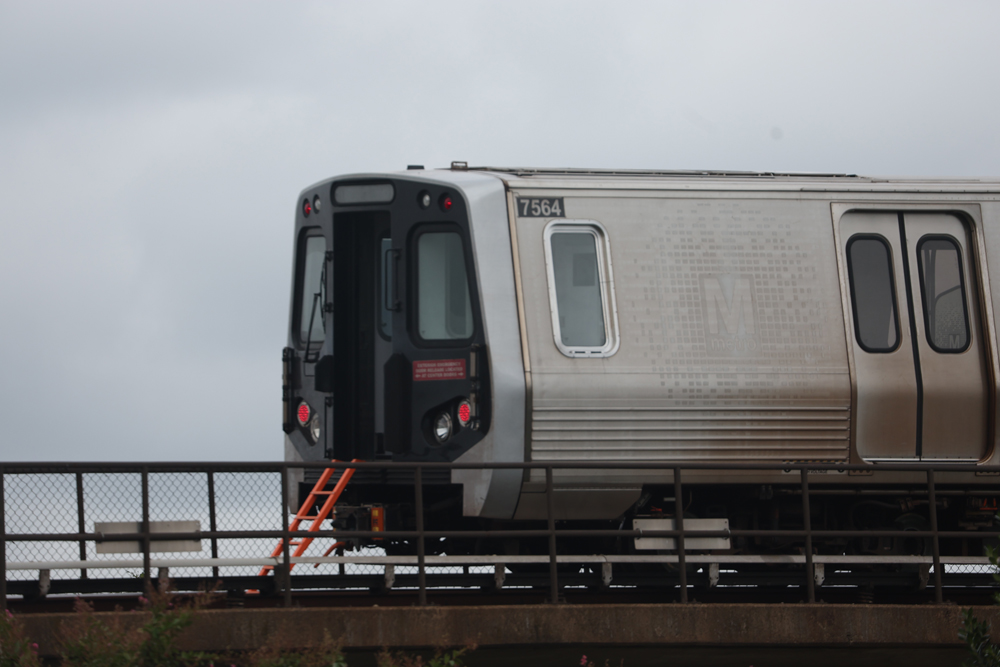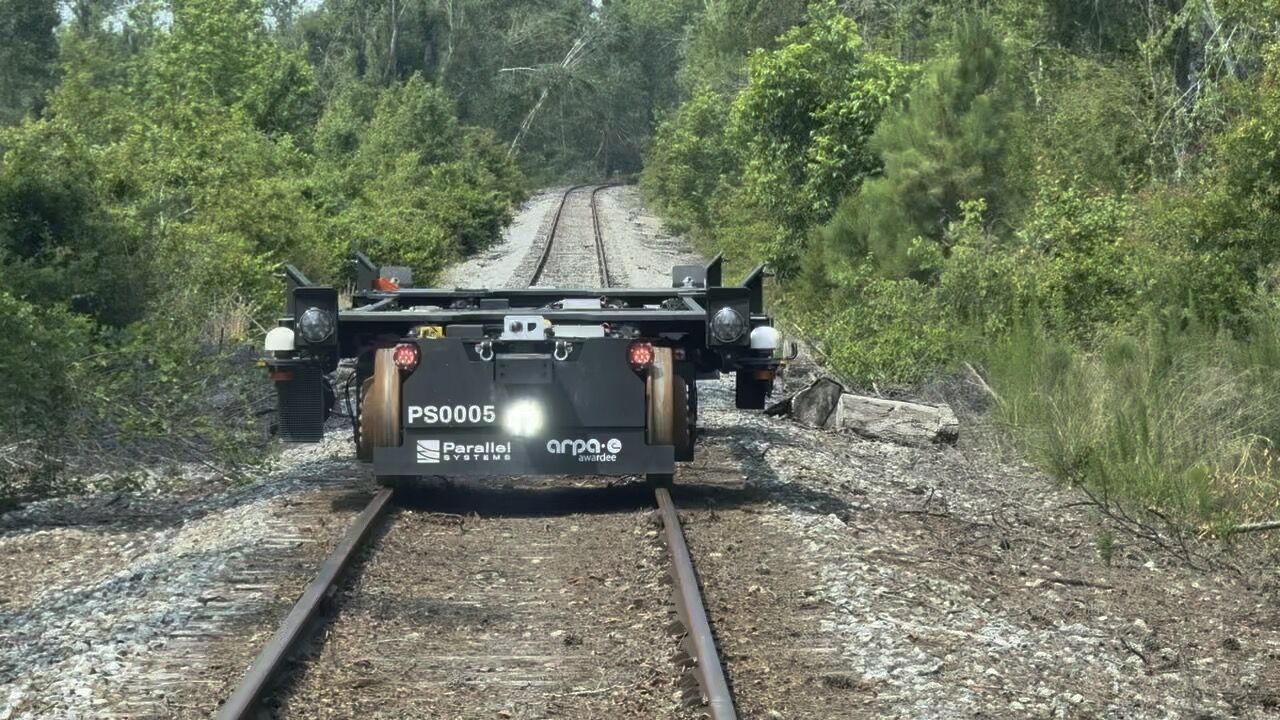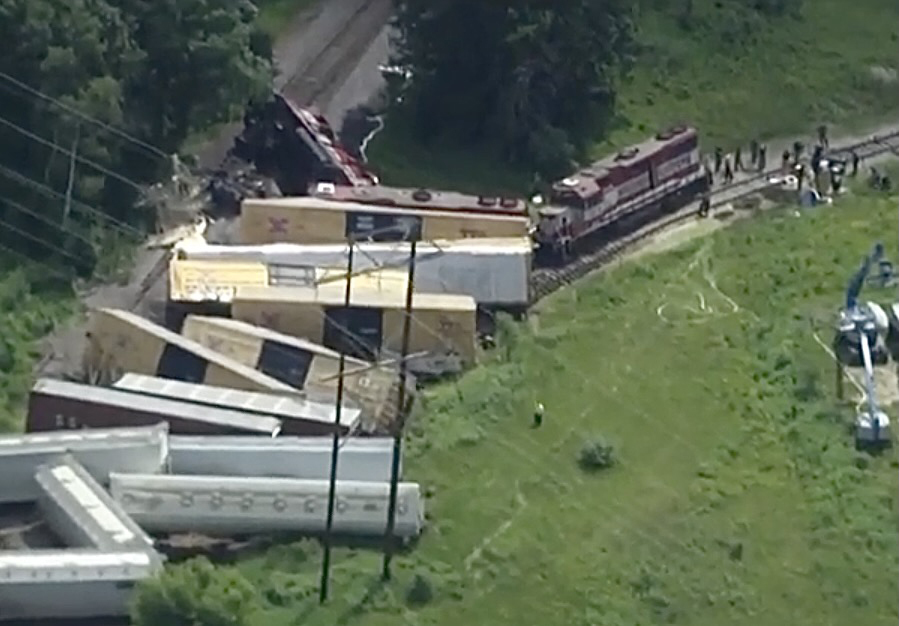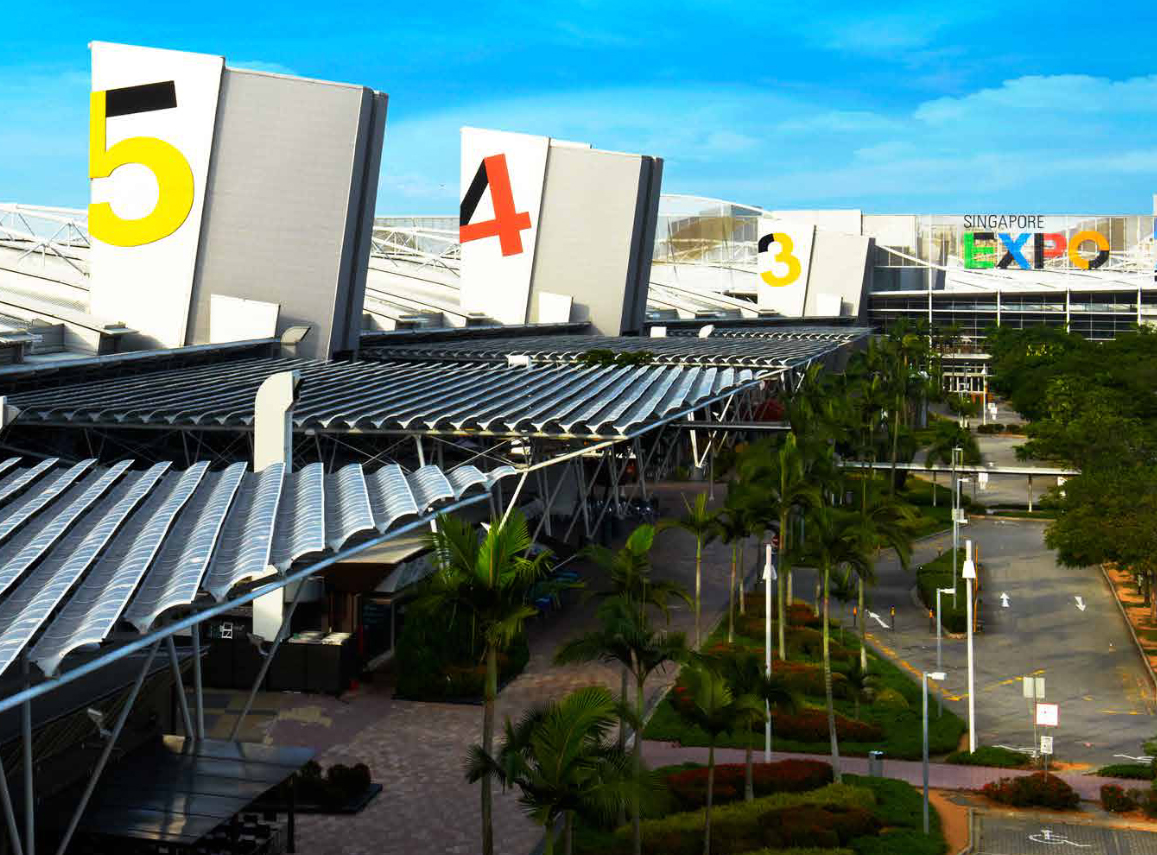
WASHINGTON — Emergency inspections following last week’s derailment of a DC Metrorail train found 32 railcars with bolts that are loose, or at least not as tight as required, the Washington Post reports.
A Metrorail 7000-series train derailed Friday after striking an object later determined to be a brake disc from a previous train. That train was one of Metrorail’s oldest trainsets, leading to the inspection of all 2000- and 3000-series equipment still in operation [see “No injuries reported …,” Trains News Wire, Sept. 29, 2023]. With those 360 cars dating to the 1980s out of service, and repairs still in progress at the site of the derailment near Reagan National Airport, Metrorail service has been decreased on the Blue and Yellow lines.
At the same time, Metro GM Randy Clarke said there were no indications of any faults with the 7000-series equipment involved in the derailment. Wheel defects with those cars, discovered after a 2021 derailment, led to long-term equipment issues for the Metrorail system that are one reason many of the 2000- and 3000-series cars are in use. Many were in storage at the time the wheel issues with the 7000-series cars were discovered.
As of Sunday 102 of the older cars — 284 3000-series cars and 76 2000-series cars — had been inspected, with bolt issues found in 32 cars, Metro said.














Alan, this is the DC Metro. It is probably more a case of the inspections not being done but the list checked off than the bolts not being tightened properly.
Question===== Who was responsible to check the bolts? Was it just one or 2 mechanical persons? Or were the bolts not on the routine inspection lists. Were other bolts before this incident found to be loose and if so Why not a campaign to check all 2000 and 3000 cars?